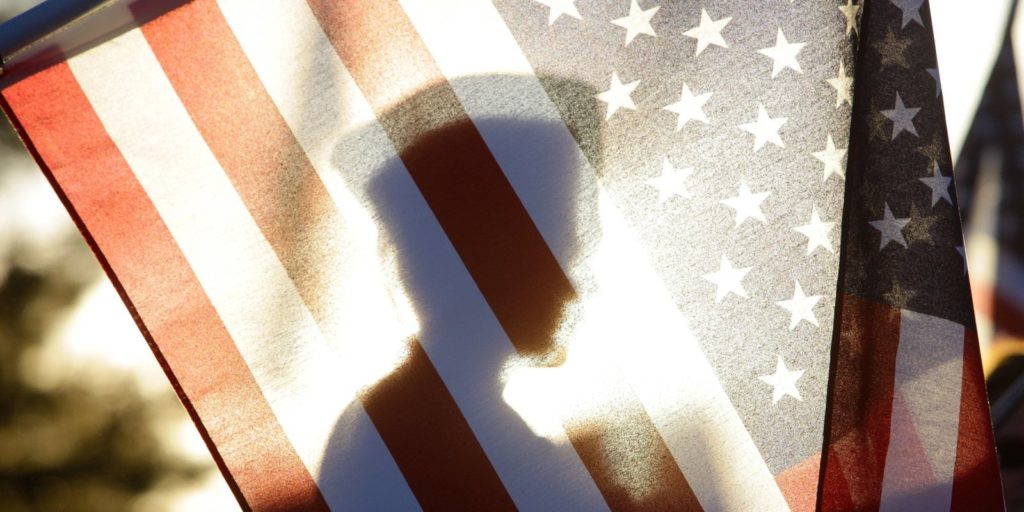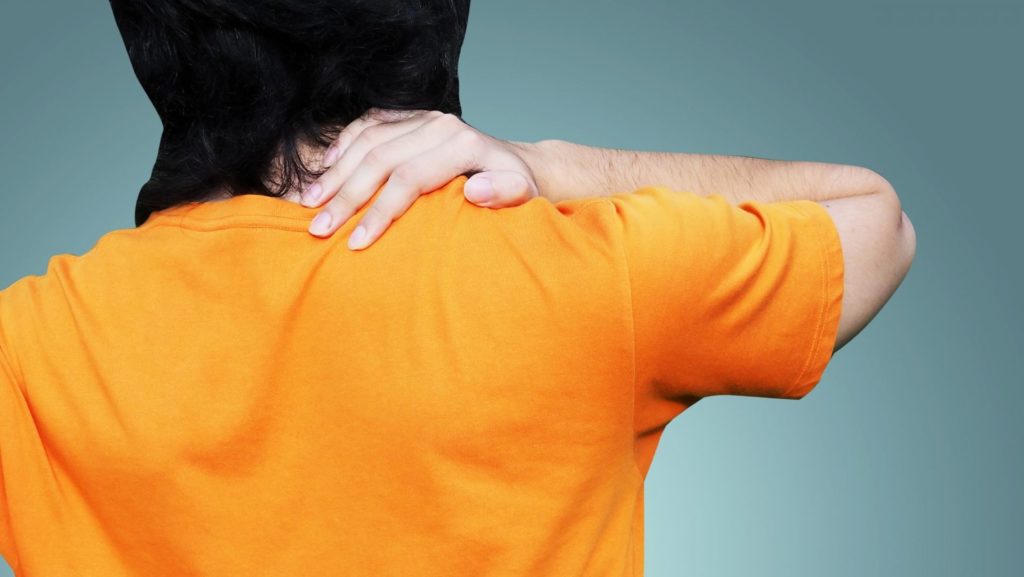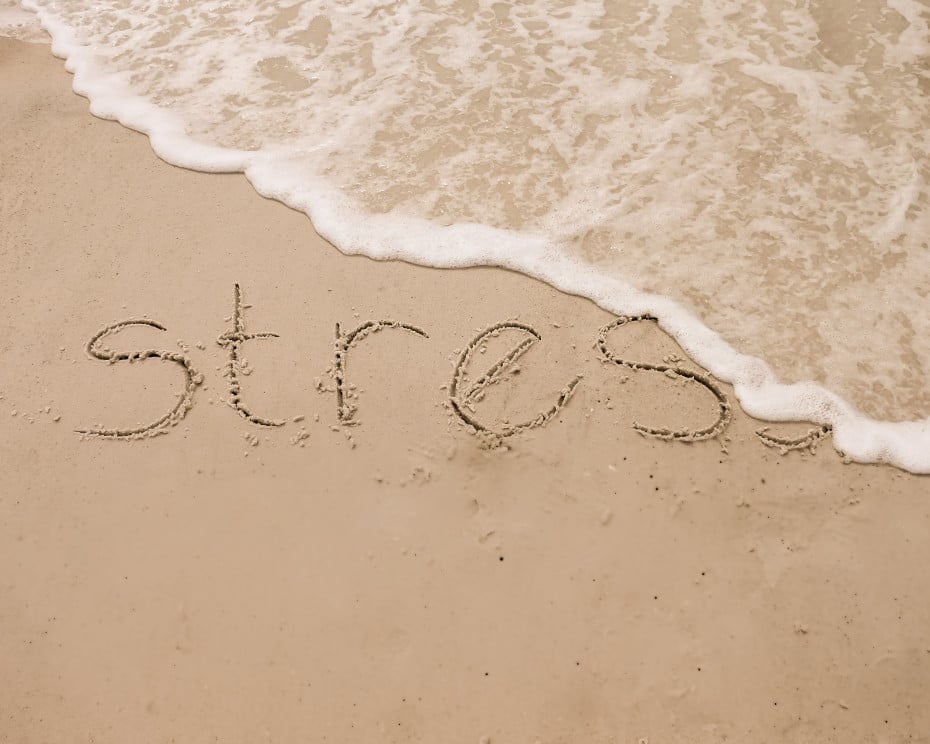Read Time: 4:30 Mins.
Living near the Los Angeles Air Force Base, I frequently encounter active-duty service members out in the world. I would often say “Thank you for your service” as it always felt like the right thing to do as I meant it with sincerity. One day, a Lt. Colonel and I struck up a conversation at a local Peet’s Coffee, and he told me something that completely changed my perspective. “Being thanked is nice, but we all chose to wear the uniform. There are so many active-duty personnel and Veterans living with chronic pain and PTSD, it’s better to ask, how are you doing?” That conversation stopped me in my tracks. This Memorial Day, consider this reality ⎼ although Veterans may have left active service, many suffer from the consequences of honorably serving their country. The tragedy is compounded in that Veterans Administration policy does not provide access to medical cannabis that may help Veterans suffering from chronic pain, PTSD, Traumatic Brain Injury (TBI), cancer, or other medical conditions.
Here’s a brief sampling of the VA’s (maddening) medical marijuana policy:
- VA clinicians may not recommend medical marijuana.
- At present, most products containing tetrahydrocannabinol (THC), cannabidiol (CBD), or other cannabinoids are not approved.
- VA clinicians may not complete paperwork/forms required for Veteran patients to participate in state-approved marijuana programs.
- The use or possession of marijuana is prohibited at all VA medical centers, locations, and grounds. When you are on VA grounds it is federal law that is in force, not the laws of the state.
The VA also recently stated its opposition to eight pending cannabis bills in Congress. The VA’s policy is that as long as cannabis is illegal under federal law, it will not support legislation that promotes medical cannabis use. Thankfully, the VA no longer punishes Veterans who use medical cannabis on their own. In the not so distant past, Veterans testing positive for cannabis could have lost all their VA health benefits.
What is PTSD?
According to the National Institute of Mental Health, PTSD causes recurring flashbacks to a traumatic event (or events) in someone’s life. A PTSD event may suddenly occur without warning and physical symptoms such as a racing heart or sweating are common. Fear may overtake the person potentially triggering the “fight or flight” instincts which are rooted deeply within our brains. Nightmares are also common, leading to insomnia. Re-experiencing symptoms may cause anxiety problems in a person’s everyday life and routine, leading to difficulty in maintaining close relationships, feeling detached from family and friends, a lack of interest in activities, difficulty experiencing positive emotions, and feeling emotionally numb.
In the U.S., scientific research is a difficult endeavor because cannabis remains illegal under federal law. Some doctors, like Sue Sisley, M.D., have even been fired for conducting cannabis research. But she and her research team persevered and recently completed the first clinical study of Veterans suffering from PTSD. With its monumental release, Dr. Sisley said “We are thrilled to finally be at the finish line of this nearly 10-year saga trying to get this crucial clinical trial completed. We are immensely grateful to all of the study’s supporters, especially the Veteran service organizations who helped us with patient recruitment. The results will provide physicians, patients, scientists, and regulators with critical knowledge regarding whether marijuana benefits individuals with PTSD.”
Veterans, Chronic Pain, and TBI
Modern battlefield medical technology has come a long way over the last few decades. As a result, servicewomen and men frequently survive injuries that most likely would have been fatal in previous conflicts. This includes missing limbs and traumatic brain injuries caused by explosions, spine or neuropathic nerve damage, and exposure to toxins in contemporary weapons of war that may cause cancer. Yet survival may not mean a complete recovery with days, months, and years spent in rehab and taking prescription painkillers. This has led to opioid addiction problems for many Veterans, an issue that the VA sought to address with its Opioid Safety Initiative. Studies and poll data indicate that cannabis is an effective alternative to opioid use and subsequent addiction, yet it is nowhere to be found in the OSI. Ongoing, daily pain affects every aspect of a patient’s life as it is ever-present. Left untreated, it can lead to depression, anxiety, and even act as a trigger for PTSD.
How Can Cannabis Help Veterans?
Veterans may benefit from using traditional cannabis for easing their chronic pain, PTSD, depression, anxiety, and insomnia. There are over 100 chemical compounds called cannabinoids in the traditional cannabis plant that provide medicinal benefits. Two of these cannabinoids, THC and CBD, are the most well known and seem to work best together. Terpenes also play a role in determining how a specific strain may affect you and your medical condition. When you combine them all, the professional medical community calls this the “Entourage Effect.” Veterans may also get relief from hemp, which has very little THC but is loaded with CBD.
Veterans for Cannabis Rights
“Twenty-two Veterans commit suicide every day. The worst thing about cannabis is the prohibition against it.” ⎼ Col. Todd Scattini (Ret.), CEO and Founder of Cavalry Cannabis, a Veteran-led cannabis company focused on saving the Veteran population.
The founder of Veteran’s Health Solutions – First to Care, Life Griffith, told me that “We can’t rely on the government. Veteran’s have to rely on themselves.” And like men and women on a new mission, Veterans are doing something about it. This past April, the Veterans Cannabis Coalition posted its Cannabis Bill of Rights to bring attention to Veteran’s demanding access to medical cannabis. Led by Founder, CEO, and U.S. Army Veteran Eric Goepel, the VCC proclaims that “The United States Government has an explicit legal, moral, and ethical obligation to provide veterans with the best care possible, and the Veterans Cannabis Coalition will work to hold our institutions responsible.”
According to the Veterans Cannabis Project, “20 percent of the 2.7 million Iraq and Afghanistan Veterans will experience post-traumatic stress or depression, and 83 percent of U.S. Veterans support medical cannabis programs.” Their message is simple, “Medical cannabis saves lives.” This is a common theme among cannabis advocates who served in the U.S. Armed Forces. Ryan Miller is a West Point graduate and was severely injured in the Iraq war. He is now the Director of Operation EVAC, a group dedicated to educating Veterans about cannabis. “Access to cannabis is literally saving lives.” Joy Craig, a former Marine officer and the Community Outreach Officer of VetsLeaf told me that “The thing that got me through the hard times was cannabis.” Sean Kiernan was in the army and is currently President of Weed for Warriors. Sean is adamant that medical cannabis must be more affordable for Veterans and lower-income patients. “The current cannabis industry in California is serving a community that can’t afford it.”
Support a Veteran Every Day
We ask many sacrifices from our Veterans, active-duty servicemembers, and their families. Some pay the ultimate price for protecting us from those who seek to do us harm. Others leave the service with serious, visible injuries. Many return to civilian life with debilitating injuries that can’t be seen. As a nation, we owe all Veterans a debt of gratitude, and you can help by supporting and voting for their right to affordable, or even free medical cannabis no matter where they live. The next time you talk with a Veteran or men and women serving in the U.S. Army, Air Force, Coast Guard, Navy, or Marine Corps, feel free to thank them, then shake their hand and ask how they’re doing.
If you’re a Veteran, we’d love to hear from you about how cannabis has helped you. Log in, make a comment, or start a conversation on our social channels.
Philip Rebentisch is a writer and the Content Editor of Three Wells.





